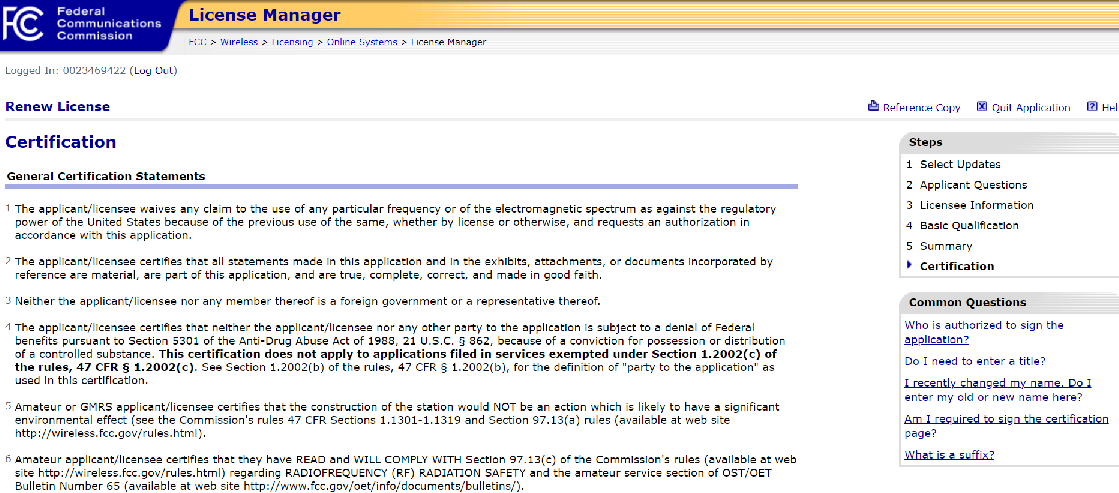My Thoughts About Hede.io
Many of you may have noticed that lately I've been posting entries into this thing called hede.io. I first found out about hede.io when I saw an entry made by another steemian on steemfollower.com. (That link is a referral that helps me if you use it to join. If you want a non-referral link for steemfollower then use this link).

Photo Source: hede.io
Hede.io is kind of like Wikipedia but thankfully not as pedantic. Its entries tend to be shorter like urban dictionary and anyone can contribute knowledge to Hede.io.
As we all know when smart people like those on Wikipedia make up hard rules that must be obeyed by everyone no matter what either innocent aliens die due to Prime Directive or lots of time gets wasted debating about a picture of a cow. Yeah, that happened on Wikipedia.
In a few categories such as accuracy Wikipedia works well but Wikipedia also has a lot of problems. For example, censorship. I am not referring to political censorship even though there is a lot of circumstantial evidence that political censorship is pretty much an everyday occurrence on Wikipedia. What I mean is censorship of knowledge itself. Wikipedia editors make decisions about what knowledge should or shouldn't be on Wikipedia. Their decisions affect what people get to know.

Photo Source: wikipedia.org
Don't take my word for it. Here is the link for a great article from evolutionnews.org titled, "Wikipedia Erases Paleontologist Günter Bechly".
https://evolutionnews.org/2017/10/wikipedia-erases-paleontologist-gunter-bechly/
The damnatio memoriae of Wikipedia aside, other knowledge is removed from Wikipedia just dealing with ideas.
Take for example scalar electromagnetics. If you try to research scalar waves on Wikipedia the links redirect to the physics concept of a scalar field. Websites such as rmcybernetics.com quote the old entry for the pseudoscience concept of 'scalar waves" promoted by people like Tom Bearden. Does Tom Bearden have a Wikipedia entry? Of course not. He is mentioned though on Wikipedia's "History of perpetual motion machines" page. At least that is true at the time of this writing. Saying something is on Wikipedia tends to be like saying the sandcastle you made on the beach two hours ago is still there.
Even if a subject is pseudoscience it is still knowledge. Phrenology still has an entry on Wikipedia. Sometimes bad pseudoscience makes great science fiction. A potential writer might want that information but some volunteer editors on Wikipedia decided no to sharing that information on behalf of everyone. Sites like rmcybernetics.com might quote from those deleted entries but if those websites stop getting hosted than that information becomes more obscure and arcane.

Photo Source: emdashes.com
How Does Hede.io Go Beyond Wikipedia?
On hede.io's fundition.io page it states,
"HEDE is an open-sourced friendly Wiki Platform where you can share information about anything in the universe by first defining it. Unlike traditional edit-based Wikis, we let multiple authors add entries into any HEDE topic without any approval, so it becomes a fun and fast way of creating wikis."
Hede.io is more The Hitchhiker's Guide to the Galaxy than The Encyclopedia Galactica. What I mean by this is that Hede.io tends to be entries without scholarly merit and more focused on the entry poster's knowledge and experience. Sometimes adding experience is easy when it comes to an entry about a TV show or an opinion about a person who is the subject of an entry. Other things such as scientific concepts are a little more tricky. If I make an entry about series-parallel circuits do I mention one of the questions I answered on the question pool to get my amateur radio operator's license? Do I connect some resistors series-parallel to a 9V battery and put my tongue on the bare circuit? I really don't have any subjective opinions about the transuranium elements but if you read my recent Hede.io entry for David Charles Hahn I am sure you would agree with me that Mr. Hahn could have written a very loving entry about plutonium for Hede.io.
At first it may seem like a bad idea to let people be free to post entries on hede.io without citations to verify accuracy. Wikipedia would never allow that. However, whether intentional or not there seems to be safeguards in place for Hede.io.
Let's say hypothetically there are six entries about the planet Earth on Hede.io. Of those six entries five state within the text that the Earth is oblate spheroid or round while one entry states the Earth is flat. Even without sources based on the contributions it can be inferred that the Earth is not flat and the one entry claiming Earth to be flat is an outlier. The more different contributions to a specific subject the more confidence in certain facts can be inferred. If those facts can be inferred to be correct than the entry containing those facts is also likely to be generally correct.
There is also the matter of reward. @hede-io will often upvote good content. Bad content wouldn't be as rewarded. Misleading and false information would result most likely in gaining a bad reputation both on Hede.io and/or steemit.com.
As a final safeguard for Hede.io there are always pathetic losers with no life who wouldn't tolerate others messing with their pet topic on Hede.io.
Nobody libels holograms. NOBODY! Got it?
I think it is safe to predict that as more people discover Hede.io it will become more popular and other future blockchain wiki projects will emulate Hede.io. In the present time it is a fun way to get motivated to post on steemit.com more often.
Like this post? Please remember to upvote and subscribe for more content. Also, feel free to visit my official site holovision.tv



Comments